What Is a Medical Assisting Externship?
The externship portion of MA training at Coyne College is an essential part of preparing you to enter the healthcare field upon completion of your training course. Externship opportunities are designed to help you get the experience and mentorship you need before you begin applying for jobs. It’s a type of job shadowing, but you will not just be watching, but assisting doctors, nurses and other health professionals as they provide patient care.
Externships can take place in a variety of medical settings. Depending on where your interests lie, you can tailor your hands-on experience to be something that is exciting and engaging to you personally. A few locations where you might be able to job shadow an experienced medical assistant include
- hospitals
- medical billing offices
- urgent cares
- clinics
- physician practices
Requirement for Certification
The hands-on hours you get during an externship are a requirement to complete your medical assistant coursework and get certified in most MA programs in Chicago and around the country. As you learn about your duties from an experienced MA, you will also get to put the skills you learned in the classroom into practice. You will be evaluated by the professionals overseeing your work to make sure you are developing the skills you need to be a good medical assistant. These reports go back to your instructors who use them to determine if you have completed the requirements for the course. The externship is usually the very last part of the course you need to complete before taking the certification exam.

Gain Real Life Experience
No matter how great classroom instruction is, nothing really prepares like real life experience. As you follow your mentor, you will start by observing what he does. Soon after, you will be given opportunities to try performing some of the tasks you have been observing and learning about. Whether performing assessments, giving medications, removing stitches, collecting specimens or educating patients, you will grow your knowledge and confidence as you practice. Medical assistant externships are a great way to gain experience so that you are ready to work on your own.
How do I Get an Externship in Medical Assisting?
Medical assisting is the frontline of healthcare. Since MAs are often the first person a patient sees when they come in to be seen, it is important that any medical assistant feels confident enough to keep the patient calm. An excellent way to increase your confidence as you train is to get lots of really good hands-on learning during your externship. Finding a good fit for your career aspirations is an important part of this process. Rather than taking whatever opportunity comes your way, there are things you can do to narrow down your options and make sure you will gain the experience and knowledge you need.
Know Your Interests and Schedule
If you are particularly interested in a certain field of medicine, you may choose to pursue that route for an externship. As you reach out to potential sites, make sure you have a clear understanding of what the requirements are for your program, including the number of hours needed and timeline you have for completion. This will help the clinic or hospital determine if they will be able to give you the experience you need. It is also helpful to plan your schedule ahead of time so that you know exactly what days and times you will be available to be on site for the externship.
Reach Out to Your Instructors and Peers
Given that your teachers and staff members are experienced in the medical assisting field, they likely have lots of great connections to help you find an externship that suits your interests. You can also choose to speak to former students who have completed externships to see what their thoughts are on their experiences. If you aren’t sure if the positions you are looking at would be a good fit, discussing them with others can help you gain some insight.
What Will I Be Doing During my Externship?
Medical assistants play a vital role in the medical world. Depending on where you choose to complete your training, you may find yourself performing a variety of tasks including
- Assessing patients by checking vital signs, reviewing patient history and performing preliminary observation of injuries or illnesses
- Perform laboratory testing by collecting and processing blood and specimen samples, packing and sending samples to the lab and filling out necessary paperwork
- Prepare patients for medical procedures such as EKG testing
- Assist in clerical duties such as scheduling appointments, answering phones, collecting insurance information and preparing patient files
- Administering medications orally and via injection as ordered by a physician
- Assist patients with mobility and other activities of daily living
- Educate patients about various health conditions, treatments and other recommendations from their physicians
Medical assisting is a fast-paced career that is vital to the healthcare industry today. It is essential to receive the right kind of training through classroom learning and hands on experience. As the first and last person patients see, a knowledgable and skilled medical assistant can make a big impact on how that they feel about their care. If becoming an MA sounds like an exciting career you would like to pursue, consider looking into programs in your area. As you prepare for a fulfilling career in the healthcare industry, you will learn the techniques, skills and knowledge it takes to be a true professional.



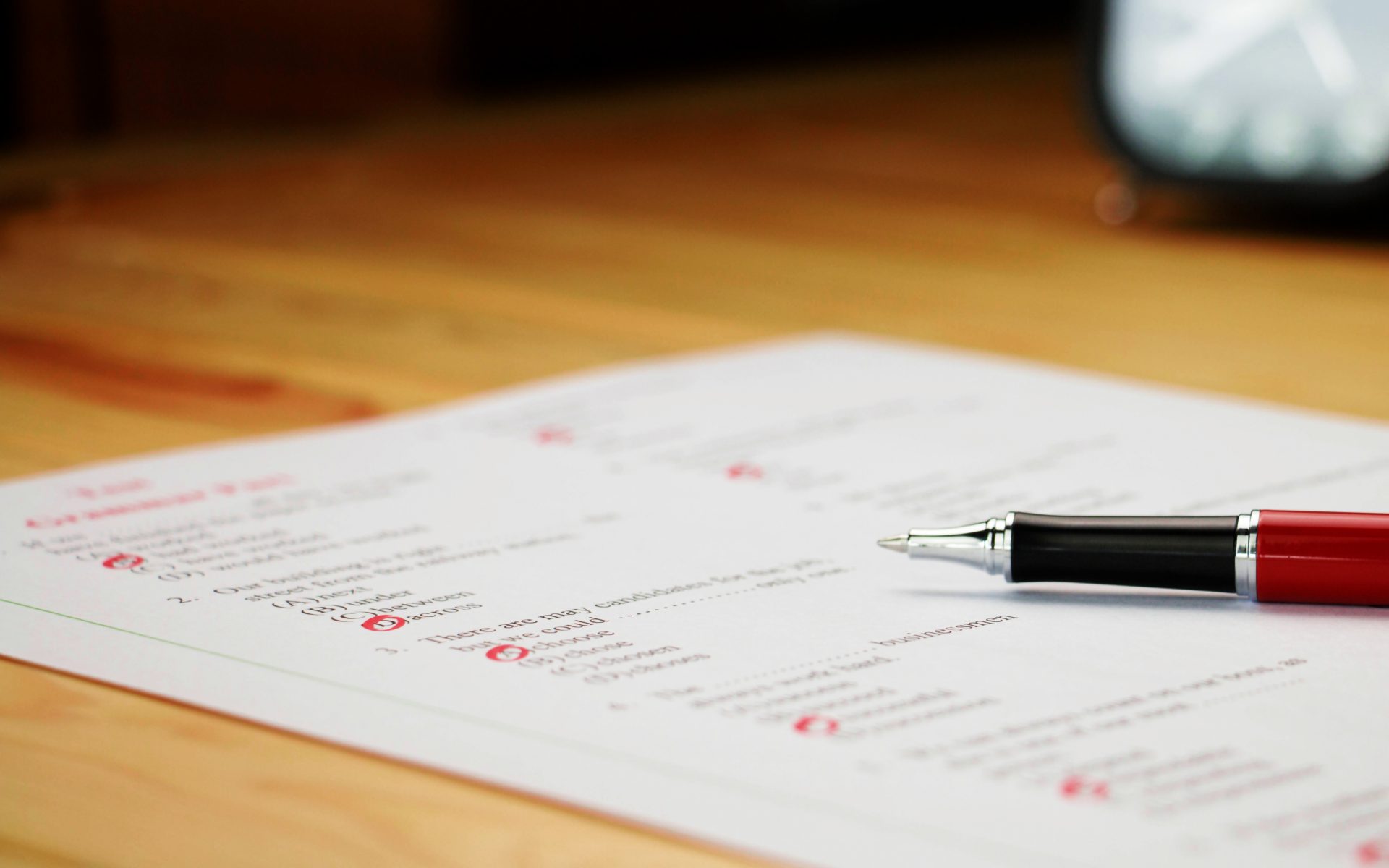
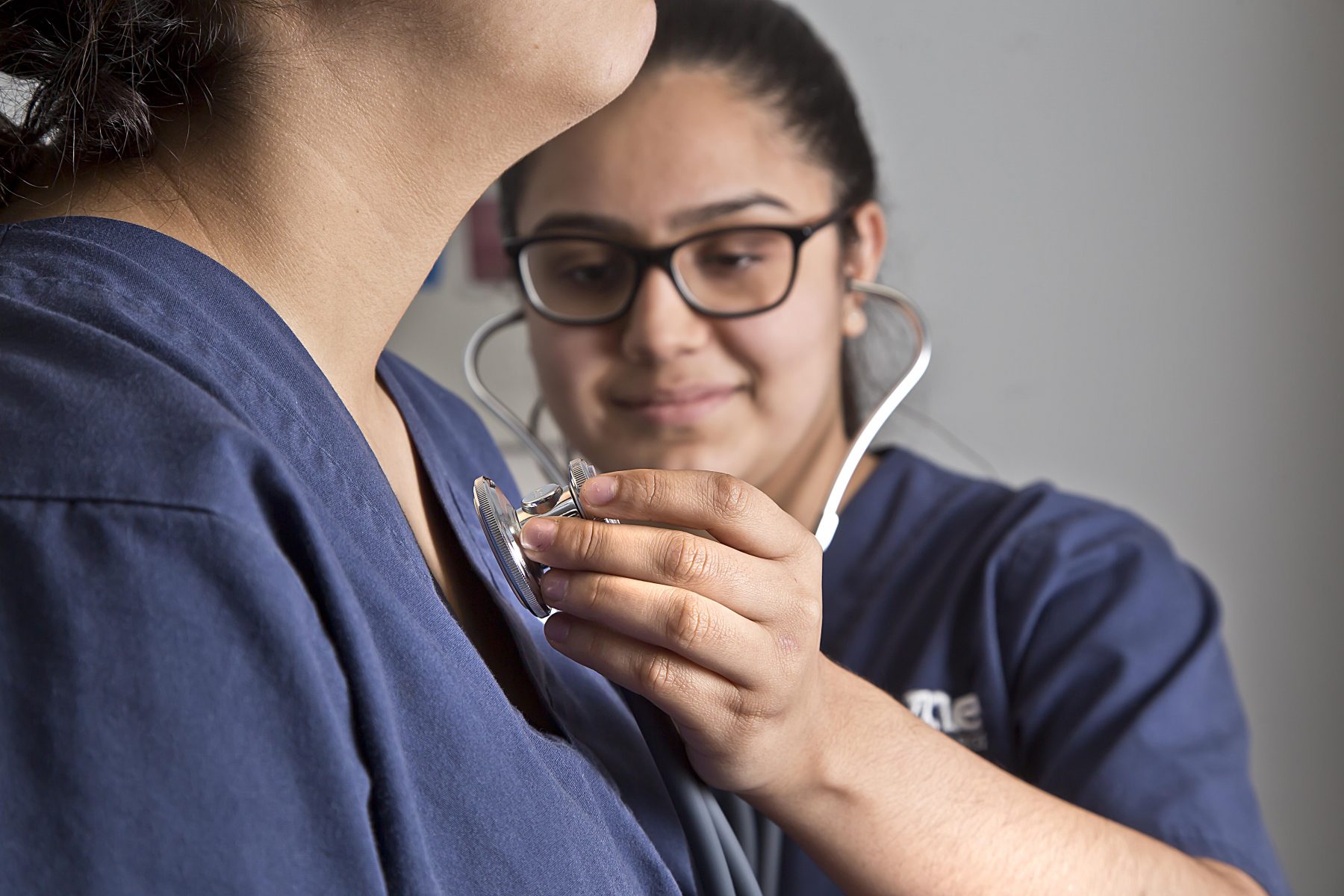
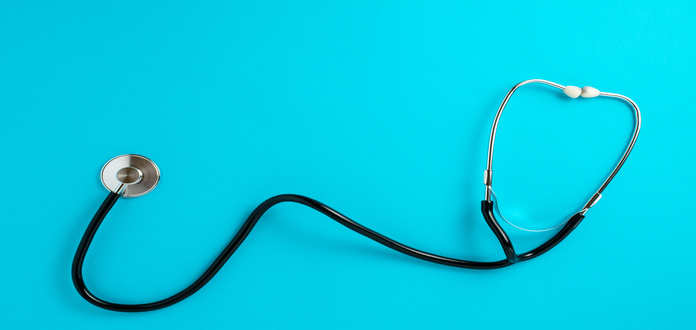






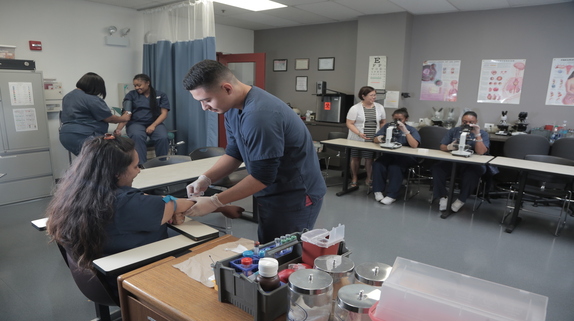
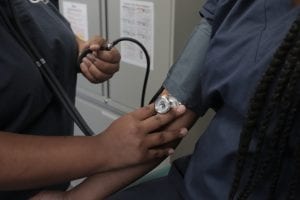 Medical assistants commonly perform tasks such as taking patients’ vitals, recording patient information, helping doctors with patient exams and scheduling appointments. The duties of medical assistants vary depending on the doctors and nurses under whom they work. Different medical offices have different needs. Some offices may need someone to handle mostly clerical tasks, whereas others may need a medical assistant to be more involved in helping with patient care. The beauty of being a medical assistant is that you will be prepared to handle the needs of any medical office.
Medical assistants commonly perform tasks such as taking patients’ vitals, recording patient information, helping doctors with patient exams and scheduling appointments. The duties of medical assistants vary depending on the doctors and nurses under whom they work. Different medical offices have different needs. Some offices may need someone to handle mostly clerical tasks, whereas others may need a medical assistant to be more involved in helping with patient care. The beauty of being a medical assistant is that you will be prepared to handle the needs of any medical office.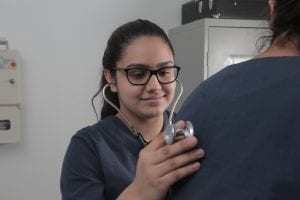 Coyne College is one of Chicago’s premier trade schools, proudly offering its medical assistant program to future healthcare professionals. To best accommodate working adults, Coyne offers day and night options for the medical assisting program. Coyne College’s medical assisting program is offered at the Coyne College campus, located in the heart of the Chicago Loop at the intersection of State and Madison streets.
Coyne College is one of Chicago’s premier trade schools, proudly offering its medical assistant program to future healthcare professionals. To best accommodate working adults, Coyne offers day and night options for the medical assisting program. Coyne College’s medical assisting program is offered at the Coyne College campus, located in the heart of the Chicago Loop at the intersection of State and Madison streets.

